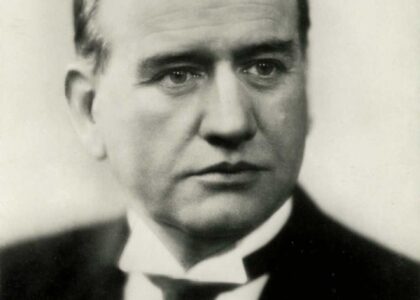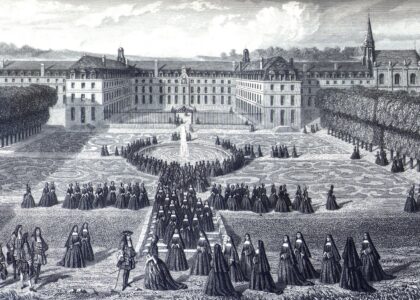Welcome to Boulder, Colorado, a city steeped in history and rich in cultural heritage. Boulder Historic Preservation, a local government office, plays a crucial role in maintaining and celebrating the city’s storied past. The roots of Boulder stretch back to the late 1850s when prospectors, drawn by the promise of gold, first settled in the area. However, the region’s history began long before, with Native American tribes such as the Ute and Arapaho inhabiting the land for thousands of years.
Boulder was officially founded in 1859 during the Colorado Gold Rush, a time that saw an influx of miners and settlers eager to make their fortunes. The city’s growth was rapid, and by 1861, it was designated the county seat of Boulder County. One notable figure during this period was Chief Niwot of the Arapaho tribe, who allowed the settlers to stay through the winter of 1858-59. Despite his hospitality, the influx of settlers eventually led to the displacement of Native communities.
As Boulder developed, it became known not just for its mining activities but also as a hub for education and innovation. The University of Colorado Boulder was established in 1876, marking the beginning of the city’s long-standing relationship with academia. This institution has since become a cornerstone of the community, fostering research and cultural growth.
Over the years, Boulder has evolved significantly, yet it has managed to retain its historical charm. The Boulder Historic Preservation office ensures that the city’s architectural and cultural landscapes are preserved for future generations. This includes protecting historical structures and narrating the stories of the people who shaped Boulder into the vibrant city it is today.
Boulder’s role in broader historical contexts is significant, as it has been a site of social and environmental movements. The city has often been at the forefront of progressive policies, reflecting its residents’ commitment to sustainability and community well-being.
Through the efforts of Boulder Historic Preservation, the city continues to celebrate its past while embracing the future, ensuring that the stories and structures of old Boulder remain vibrant and relevant today.




